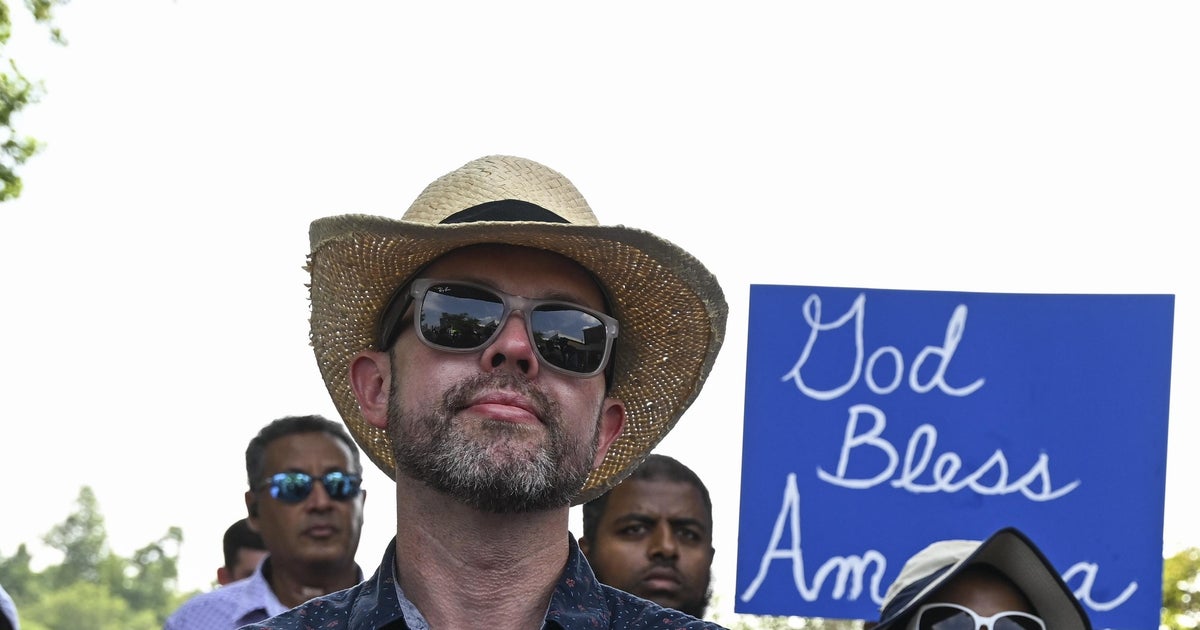Key takeaways:
- The Supreme Court is set to deliberate on a case involving families and the Montgomery County Board of Education, focusing on whether the school district’s policy infringes on parents’ First Amendment rights by mandating participation in content conflicting with their religious beliefs.
- The dispute began in 2022 when the Montgomery County school board included more LGBTQ-themed storybooks in elementary curricula to better represent the diverse community, leading to resistance from parents who feel it contradicts their religious teachings.
- The case highlights the national debate over LGBTQ content in school curricula and parental control over children’s exposure, with potential implications for school policies and the balance between religious and LGBTQ rights in education.
The Supreme Court is set to deliberate on a significant case involving a group of families and the Montgomery County Board of Education. The central issue is whether the school district’s policy infringes upon parents’ First Amendment rights by mandating participation in educational content that conflicts with their religious beliefs. The case highlights the ongoing tension between religious freedoms and LGBTQ rights within the educational system.
The dispute originated in 2022 when the Montgomery County school board implemented a policy to include more storybooks featuring LGBTQ characters in elementary school curricula. This decision was part of an effort to ensure that the educational materials better represent the diverse community within the county, which is located just outside Washington, D.C. The policy, however, has been met with resistance from some parents who argue that it contradicts their religious teachings and beliefs.
The families involved in the case are challenging the school board’s decision to deny them the option to exclude their children from lessons that include storybooks addressing gender identity and sexual orientation. They argue that this policy infringes on their right to direct the religious education and upbringing of their children, a right they claim is long-recognized in law and tradition. The case presents a complex intersection of parental rights, religious freedoms, and the rights of LGBTQ individuals.
As the Supreme Court prepares to hear arguments, the case underscores the broader national debate over the inclusion of LGBTQ content in school curricula and the extent to which parents can control their children’s exposure to such material. The outcome of this case could have significant implications for school policies across the country, as well as for the balance between religious rights and the rights of LGBTQ individuals in educational settings.



Be First to Comment